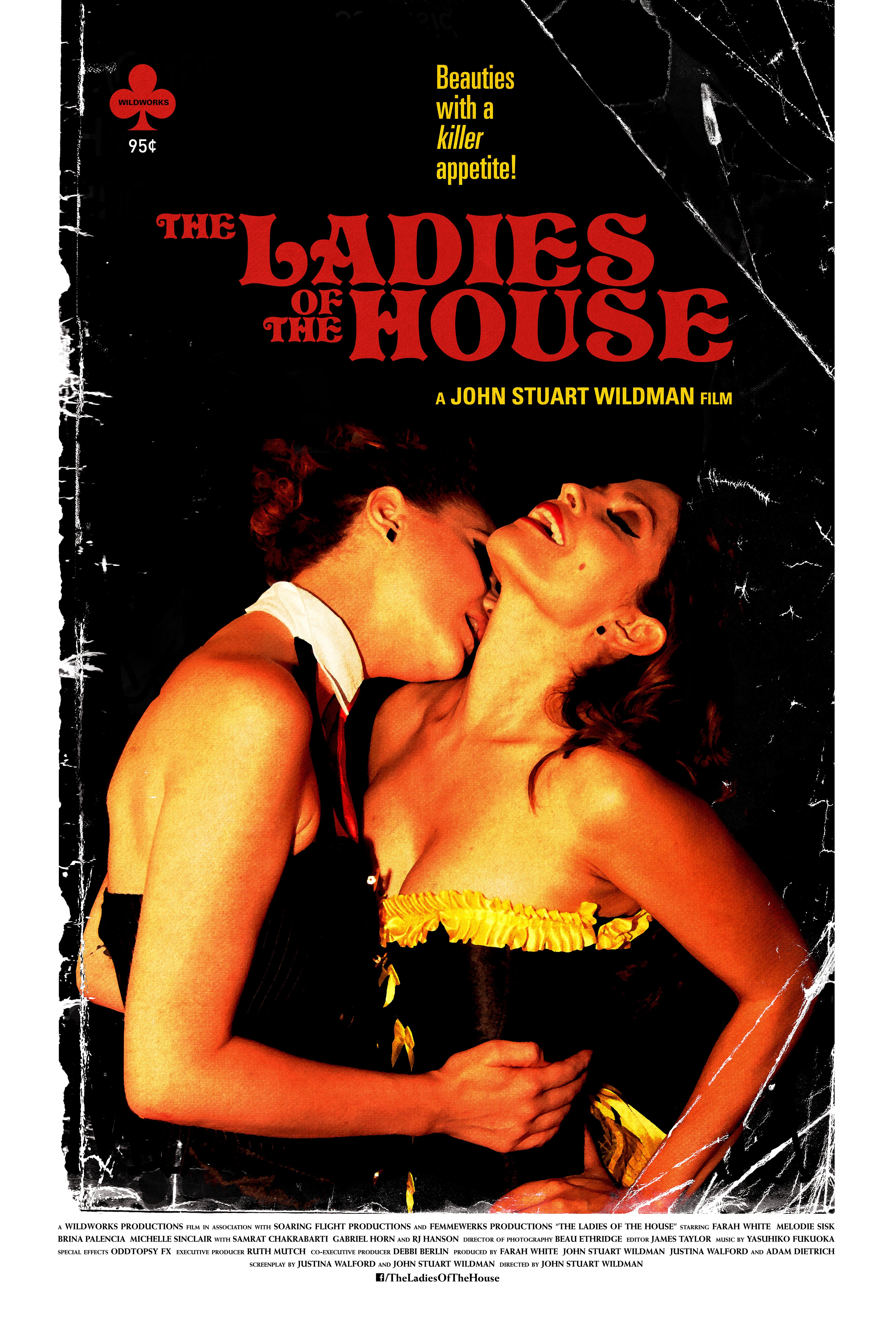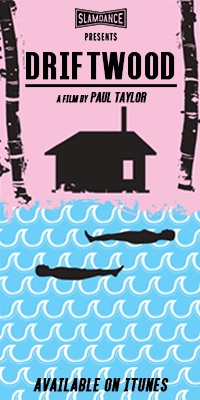If cosmic coincidence does indeed speak through documentary film, Samuel D. Pollard’s Two Trains Runnin’ may be nothing less than proof positive that divine providence has chosen this medium to make itself known. If you love the blues, if you are enthralled by the history of the Civil Rights movement, or if you love a good, by-the-seat-of-its-pants detective story, or maybe if you just can’t help but root for an underdog story, you need to watch this movie. If you love all of those things at the same time, plus can totally relate to relentless nerds seeking and finding their pop culture Holy Grail, then these 90-odd minutes will be sheer ecstasy for you.
The premise of this true story is simple. In the summer of 1964, two groups of young white blues fans embarked independently, without knowledge of each other, to find two legends of the classic music genre in Mississippi. One group set off from California while the other embarked on their journey from New England. Their quarries: none other than Skip James and Son House. While these names are well-known to serious blues fans today, they had been all but forgotten in the 60’s. Because of the efforts of these two groups of serious music nerds, not only were these men found, but their rediscovery firmly secured what we now take for granted as The Blues’ rightful place as an important artistic and cultural creation of America. Without these young enthusiasts’ love of the music and determination to retrieve its lost figures and stories, a lot of the history of these amazing performers and their sublime sounds could well have been lost forever.
But that’s not even what makes Two Trains Runnin’ great. On one level, the infectious affection of the music these young guys had just permeates off the screen in interviews and clips (one of them went on to be none other than master American folk guitarist John Fahey). Their harebrained scheme to track down elusive elderly men who may not even be alive is impossible to look away from. Add in the fact that they were putting their lives at risk, just by being white men with out-of-state license plates in 1964 Mississippi, and the story becomes thrilling. The film seamlessly blends these circumstances with the historical context of the “Freedom Summer,” the movement which found northern liberals traveling to the rural South to get black voters registered. Very often, these efforts resulted in police violence, and in one exceptional case, the murder of three young civil rights workers, made infamous in Alan Parker’s 1988 film, Mississippi Burning.
And still, even the aforementioned crazy clashing of powerful events still get topped. Without spoiling the story, suffice to say, an absolutely mind-blowing happenstance births a climax that will twist the brains of even the most jaded of thick-plot junkies. That it all really happened is simply astounding. How this all influenced the lives of anyone into late 20th century rock and pop is incalculable. But it’s the blind racing of these two unaffiliated groups into the heart of one of the darkest milestones in the Black struggle for freedom which almost confirms a divine hand at play. In the very same moment that white racism strikes a bloody blow to decency and morality, a resurrection and celebration comes to be in almost miraculous synchronicity. Pollard paces the tale with expertise, interweaving history, celebrity fans, and the surviving figures in this uplifting and humbling tale that could not possibly be more American. I cannot envision anyone not being deeply moved and thoroughly entertained by this movie. Not to be missed.











READER COMMENTS